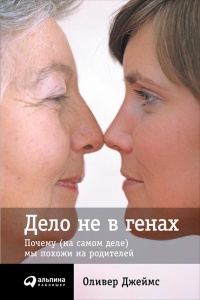Книга Человеческие сети. Как социальное положение влияет на наши возможности, взгляды и поведение - Мэтью О. Джексон
На нашем литературном портале можно бесплатно читать книгу Человеческие сети. Как социальное положение влияет на наши возможности, взгляды и поведение - Мэтью О. Джексон полная версия. Жанр: Книги / Психология. Онлайн библиотека дает возможность прочитать весь текст произведения на мобильном телефоне или десктопе даже без регистрации и СМС подтверждения на нашем сайте онлайн книг knizki.com.
Шрифт:
-
+
Интервал:
-
+
Закладка:
Сделать
Перейти на страницу:
Перейти на страницу:
Внимание!
Сайт сохраняет куки вашего браузера. Вы сможете в любой момент сделать закладку и продолжить прочтение книги «Человеческие сети. Как социальное положение влияет на наши возможности, взгляды и поведение - Мэтью О. Джексон», после закрытия браузера.
Книги схожие с книгой «Человеческие сети. Как социальное положение влияет на наши возможности, взгляды и поведение - Мэтью О. Джексон» от автора - Мэтью О. Джексон:
Комментарии и отзывы (0) к книге "Человеческие сети. Как социальное положение влияет на наши возможности, взгляды и поведение - Мэтью О. Джексон"
























